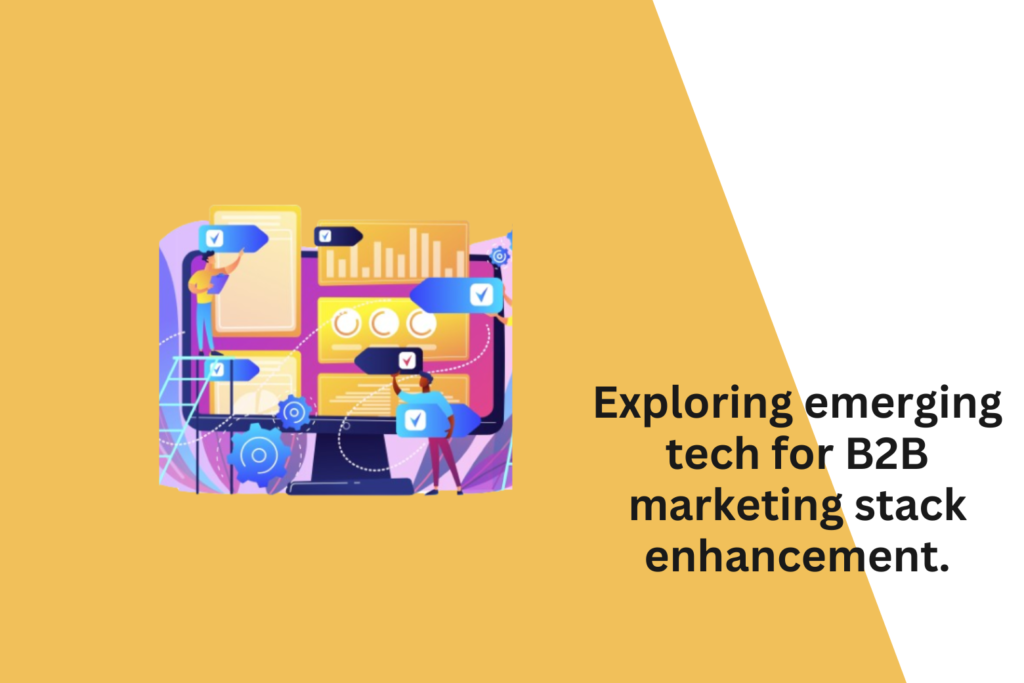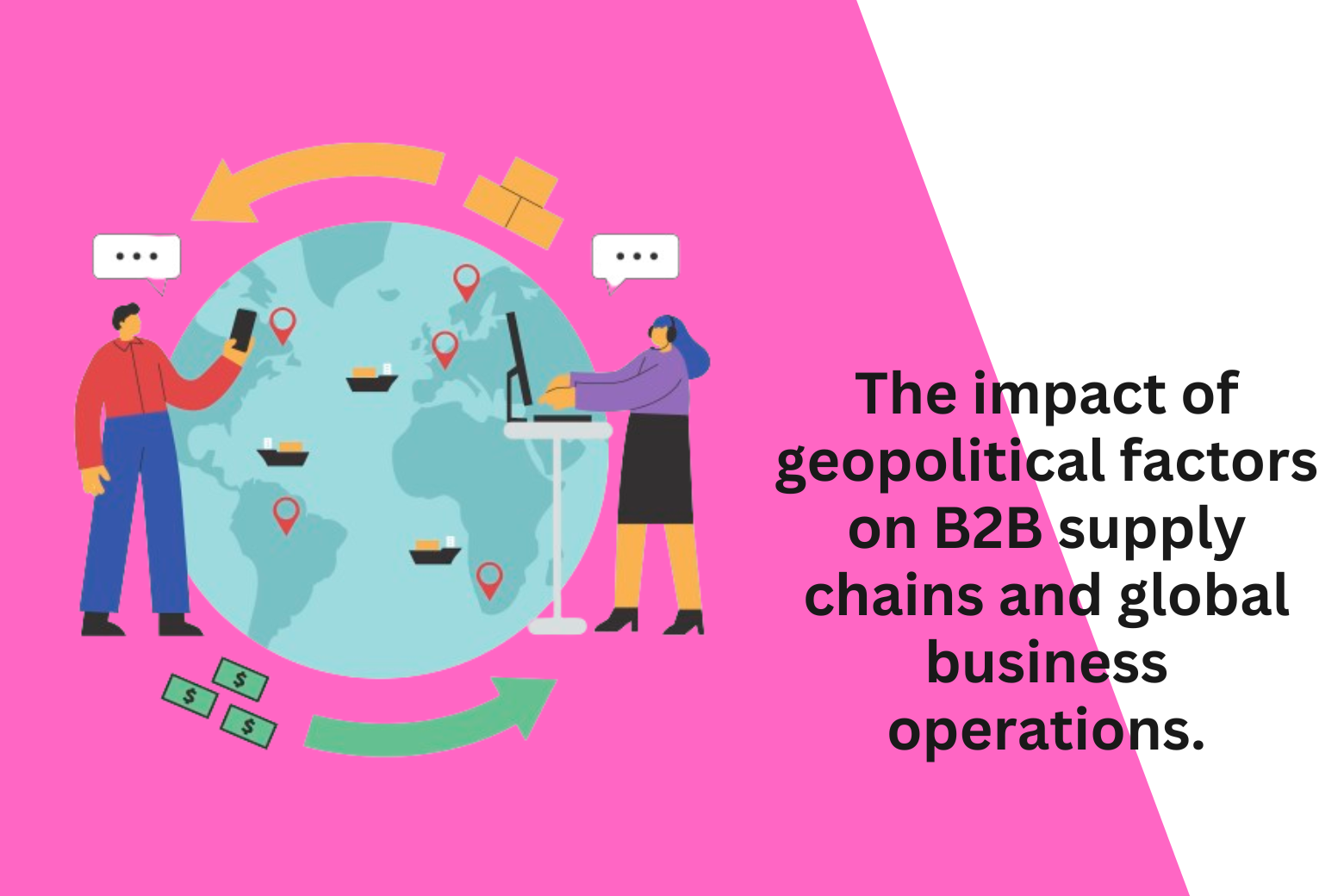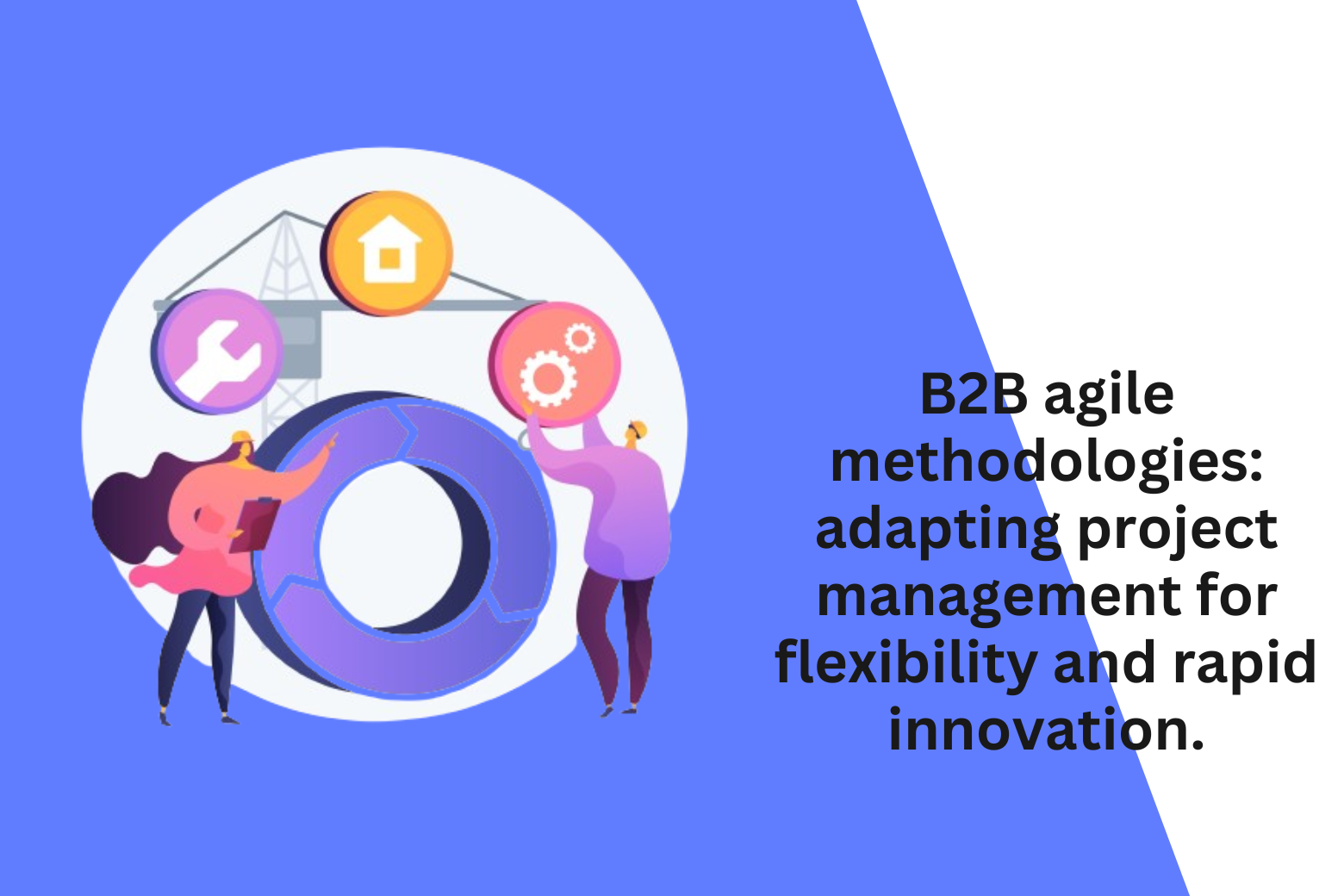
AI-Powered Marketing Automation:
- AI-Powered Marketing Automation:
- AI-driven marketing automation tools can help streamline your marketing processes, deliver personalized content, and optimize campaigns for better results.
- Conversational Marketing Tools:
- Chatbots, messaging apps, and AI-powered chat solutions can improve customer engagement and provide real-time support.
- Voice Search Optimization:
- With the increasing use of voice-activated devices, optimizing your content for voice search can help capture voice-driven search queries from B2B customers.
- ABM Platforms:
- Account-Based Marketing platforms are designed specifically for B2B marketing. They help you identify and target key accounts with personalized content and campaigns.
- Intent Data Platforms:
- Utilize intent data to identify when B2B customers are actively researching solutions in your industry, allowing you to engage them at the right moment.
- Predictive Analytics:
- Predictive analytics platforms use machine learning to forecast customer behavior and trends, helping you make data-driven decisions.
- Content Experience Platforms:
- These platforms enable you to create interactive, personalized content experiences that engage B2B customers more effectively.
- Account-Based Advertising Tools:
- Tools for creating targeted advertising campaigns that align with your ABM strategy, allowing you to reach key accounts more effectively.
- Data Privacy and Compliance Solutions:
- As data privacy regulations evolve, it’s important to integrate solutions that help you manage and protect customer data while remaining compliant.
- Video Marketing Platforms:
- Video is increasingly important in B2B marketing. Platforms for video creation, hosting, and analytics can be valuable additions to your stack.
- Marketing Attribution and Multi-Touch Attribution Tools:
- Understand the customer journey and the impact of different touchpoints on conversions, helping you allocate resources more effectively.
- Influencer Marketing Platforms:
- Identify and collaborate with B2B influencers who can help amplify your brand’s reach and credibility within your industry.
- Augmented Reality (AR) and Virtual Reality (VR) Technologies:
- While still emerging, AR and VR can be used to create immersive and interactive experiences for B2B customers, such as virtual product demos or training.
- Blockchain for Transparency:
- Blockchain technology can be used to enhance transparency and security in B2B transactions and supply chain management, which can be a valuable aspect of your marketing messaging.
- Customer Data Platforms (CDPs):
- CDPs consolidate customer data from various sources to provide a unified view of customer profiles, helping you create more personalized experiences.
- Content Personalization Engines:
These engines use AI to deliver content tailored to individual B2B customers based on their preferences and behaviors.



